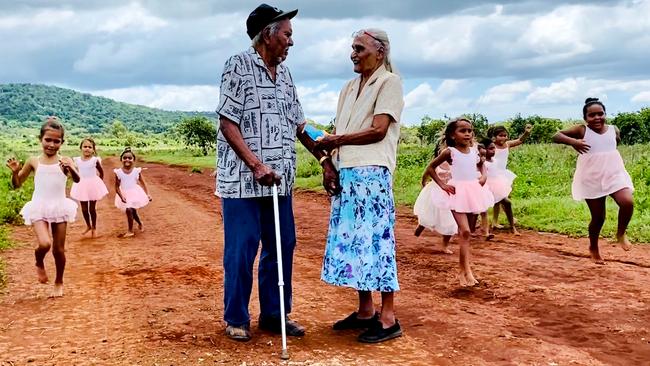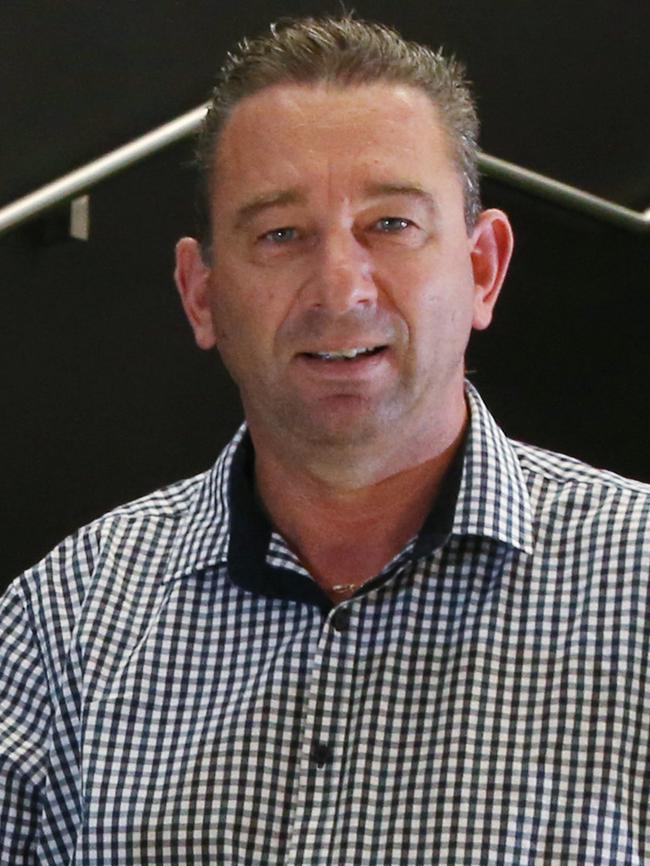Truth-telling key step on path to Queensland’s treaty with Indigenous people
South African style “truth-telling” hearings could form part of a path towards negotiating a treaty between Queensland and its Indigenous communities.

South African style “truth-telling” hearings are part of a plan being put to Queensland parliament this month in the quest for a path towards a treaty between the state and its Indigenous communities.
Among considerations, which have been given input from Indigenous people throughout Queensland, is whether to run the truth-telling process through formal inquiry-style public hearings or by more informal submissions.
Formal hearings could be conducted by a commission with the power to compel witnesses and documents, take evidence, conduct research and report back to the parliament.
The proposed plans will be put before state cabinet in the next few weeks.
Queensland started discussions about a proposed treaty in 2019, the third state to do so, and last year set up a treaty advancement committee that completed a report in October setting out a path to negotiate with Indigenous people on a treaty.
In its most recent budget, the Palaszczuk government established a $300m Path to Treaty Fund to facilitate the process, which could take several years.
Aboriginal and Torres Strait Islander Partnerships Minister Craig Crawford said Queensland was well-advanced on its treaty process compared to other states and was behind only Victoria.
“(The advancement committee report) really talks about what the truth-telling process for Queensland should look like, and how we should implement that,” Mr Crawford said.
“It gives us really clear recommendations around what the next two to three years of work looks like for Queensland. These … will be considered by cabinet over the coming weeks.”
Mr Crawford said the truth-telling component was critical as a starting point from which to negotiate a treaty with Queensland’s Aboriginal and Torres Strait Island people.

He said it was possible there could be multiple treaties within each state.
“I think the commonwealth will need to have a treaty at some point, but I think individual states need to have treaties with their peoples,” he said.
“We’re quite mindful that we’ve got Aboriginal and Torres Strait Islanders people, two very distinct cultures, in this state and they may want separate treaties.
“Different areas may want different treaties – desert people might want a different treaty to rainforest people, and so on.”
Proponents of formalised commission hearings include Aboriginal academics Jackie Huggins and Mick Gooda, who are on the treaty advancement committee.
There have previously been accusations from some members of the Indigenous community, including the Queensland Indigenous Labor Network, which had initially pushed the treaty, that the process had been “hijacked” by personal and political agendas.
The step closer towards the treaty comes as people in Hope Vale celebrate the 14-year anniversary of the national apology to Indigenous people, which is regarded as an essential precursor to the treaty process.
Guugu Yimithirr elder and Stolen Generation survivor Ella Woibo, 88, and her husband Frank, 93, who live in Hope Vale, north of Cooktown, hoped a treaty could lead to a better future for their people. Ms Woibo was separated from her family, put in a dormitory and moved south to Woorabinda to work.
“I cried my heart out,” she said. It’s a different story for the town’s current youth who have grown up in Hope Vale with their families. Some, including two of her great-grandchildren, have joined the town’s famed Barefoot Ballerinas from the Cape York Aboriginal Australian Academy.
Ms Woibo said she welcomed the 2008 national apology and the prospect of a better future for Indigenous Australians.




To join the conversation, please log in. Don't have an account? Register
Join the conversation, you are commenting as Logout